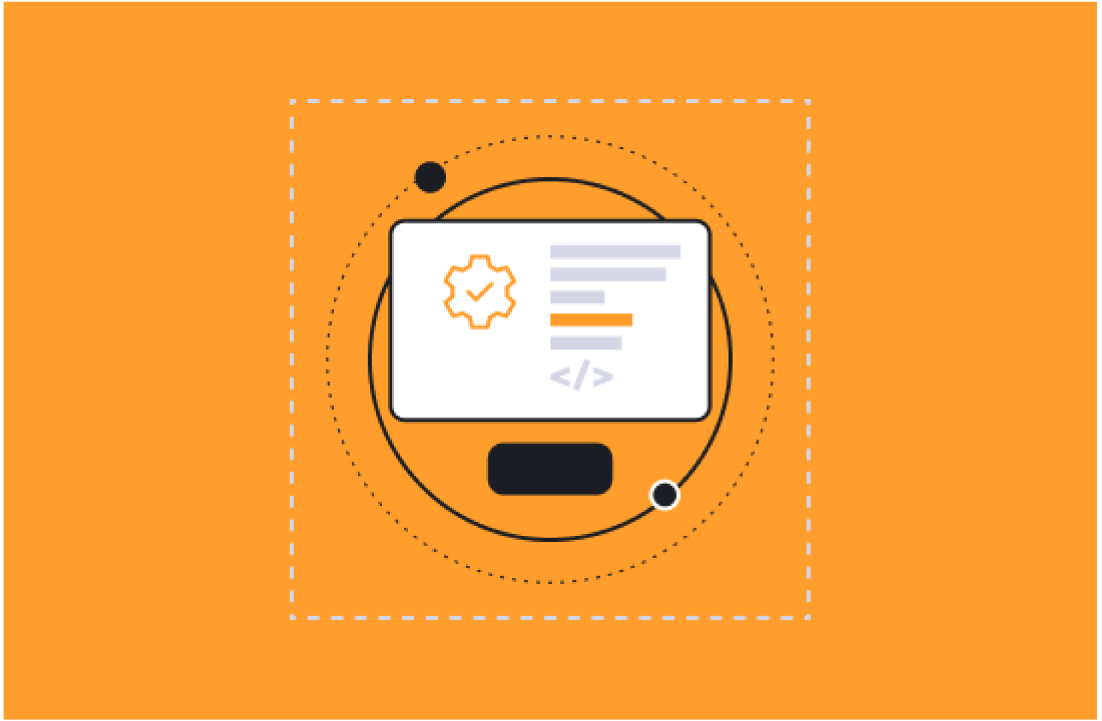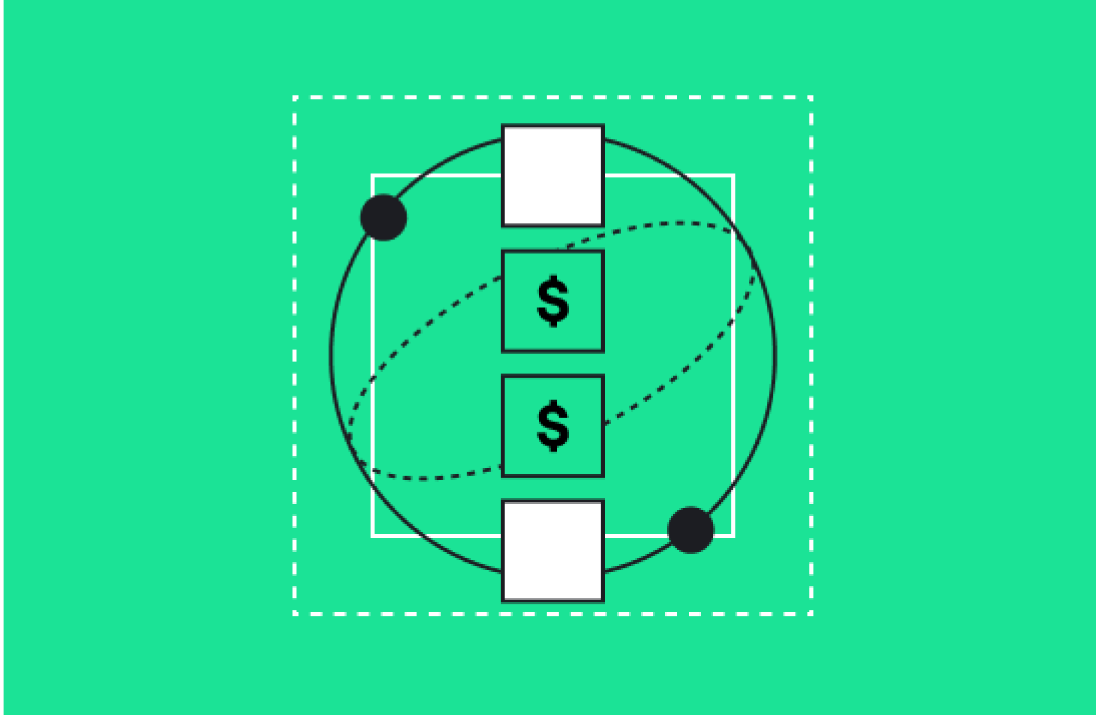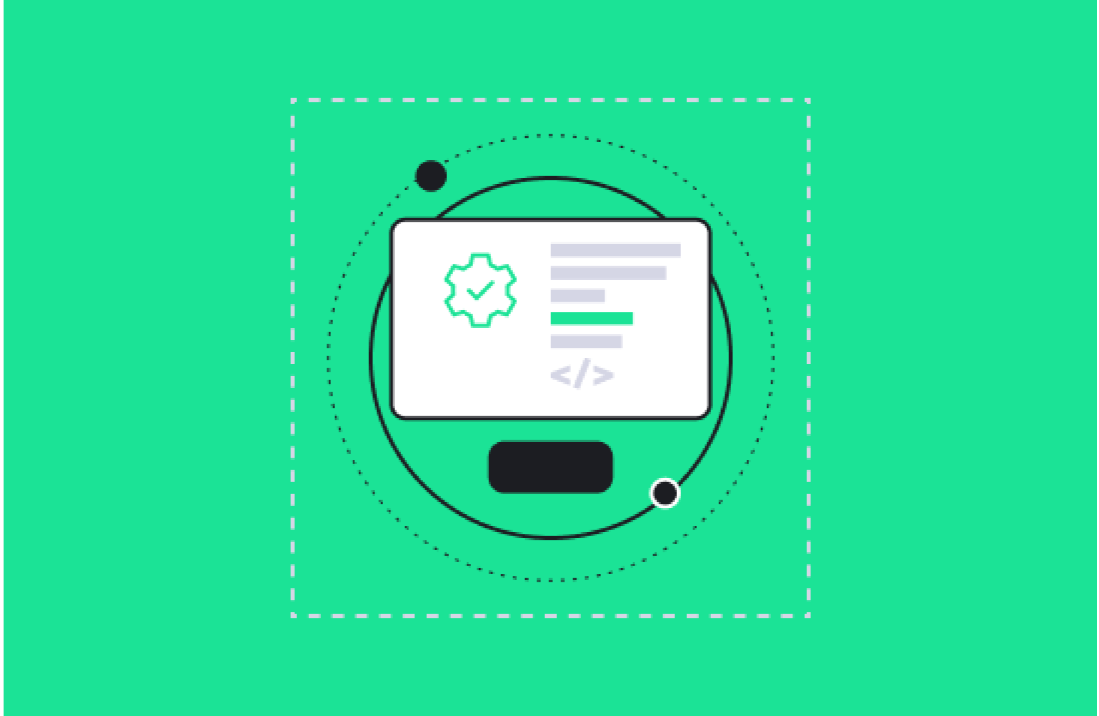As we see a push for connectivity, personalization, and ubiquity across every sector in every industry, we can expect the CRM to follow. In this article, Connor Jeffers, CEO and founder, Aptitude 8, discusses how industry trends and new norms will shape CRM in 2023.
Everyone, or at least most salespeople, is familiar with the “Always Be Closing” speech by Alec Baldwin from Glengarry Glen Ross. The rest of the film is pretty forgettable, but Alec Baldwin’s opening monologue is Oscar-worthy, if a bit dated.
What’s most important in this opening speech is Mr. Baldwin handing out little stacks of leads in cards, the Glengarry Leads.
One of the original, genius moves of Salesforce.com’s Marc Benioff was asking, “What if the Glengarry leads were on the internet?”. And thus, the first CRM was born.
Since then, a lot has happened. We’ve seen new categories of software emerge around the CRM, whether document generation and e-signature, customer experience, or a plethora of “platforms,” all trying to expand what the CRM can be.
New roles arose from the sales development rep of predictable revenue fame to the customer success manager and chief customer officer, all with their own platforms and tools trying to empower them. The legendary Scott Brinker at chiefmartec.com documents the scale of the Martech universe and recently cited at least 103,528 business software apps.
So many systems and tools have risen that we have a new category of professionals in “Revenue Operations,” focusing on how to unify, integrate, and optimize these systems. This was the initial focus of the first business I started, Aptitude 8, as we saw so many companies trying to solve this problem and not having the expertise or capacity to tackle it in-house.
So, where do we go from here?
The future of CRM will deliver on a few things we see across every sector and every industry. The CRM will become connected, personalized, and ubiquitous.
3 Ways the CRM Will Evolve in 2023
Connected
The internet has led to a level of connectedness in our global world that has fundamentally changed how we do everything. There are billion-dollar apps connecting people who want a ride or food delivered with those willing to do it. We experience regional conflicts globally and sometimes in eerily real-time.
The future of CRM is no different. In fact, HubSpot’s CEO, Yamini Rangan, cited research by HubSpot in her INBOUND 2022 keynote that found the #1 pain point for businesses is disconnected systems and data. This is why HubSpot focuses on an “all on one” platform offering solutions for sales, marketing, web, service, and operations as a full CRM Suite.
We are seeing the increasing rise of RevOps tech startups like Syncari and Hightouch focused on connecting disparate systems and tools to get a single view of a customer. Salesforce has also been chasing this idealist goal across their eye-popping 71 acquisitions, according to Crunchbase.
The CRM of 2023 doesn’t only have leads with sales activities logged, but it shows a unified view of a customer across the entirety of their web, marketing, sales, and service journey with your business. Even more than just your business, tools like Crossbeam are emerging to connect CRMs across companies to help them sell and market to each other’s prospects and customers.
Beyond traditional front-of-house data, CRMs will increasingly pull in data from the rest of the business. I’m seeing more customers seeking to integrate their ERP with their CRM and tools like Zaybra emerging to fit niches like connecting HubSpot and Stripe to get that unified customer view and leveraging CRM functionality to action that data. We expect to see more of this connected ecosystem built on and around CRM platforms to deliver connectivity. In fact, HubSpot’s IDC whitepaper reports that their ecosystem will produce $6 for every $1 of HubSpot revenue next year.
Similarly, product data will be critical for a healthy CRM. As businesses seek to do more with less, they rely on a product-led growth strategy, using product data and interaction to power automation inside the CRM. This drives both non-human-driven activities as well as human-assisted engagement. We will start to see product data become a de facto starting point for CRMs to be considered useful.
In 2023, a CRM will have data from across an entire business, empowering leaders to surface what their teams need and leverage that data to engage with their customers and prospects.
But what does that mean for customers? The experience gets…
Personalized
Amazon, Spotify, Netflix, and many more consumer technology companies have created a bar that all companies are being held to. While it seems unfair to compare billion-dollar goliaths with SMB and mid-market companies, every business increasingly has the tools to deliver this experience.
And customers demand it. After all, “business users” are just consumers with jobs. Modern buyers expect their experience to be tailored to them.
As a prospect is perusing your content or speaking with your team, they think, “You have a database; why aren’t you using it?” or “If you’re being this lazy at the front of my experience, how can I expect you to deliver later?”
Consumer expectation drives the world, and CRM will rise to meet them. Emily Wingrove, Aptitude 8’s VP of Services, recently spoke about how HubSpot’s CMS Hub can deliver remarkable personalized experiences, leveraging the CRM as the database queried to deliver the front-end webpage at INBOUND 2023. This cuts down on integrations, additional systems and tools, and the headache of getting them to work together.
We will also continue to see companies empower the end user to add data directly to their CRM and use this CRM data to deliver remarkable experiences. A great example of this is companies like Formstack. Formstack leverages CRM data to generate dynamic forms and documents that both read from and write to CRMs, making it easier to do business.
But of course, this personalization doesn’t end at just the people external to your business. It also extends to everyone inside your organization as the CRM becomes…
Ubiquitous
Salesforce.com was an apt name in 1999 because it’s what your Sales Force used. CRMs were for salespeople. After all, those were the people that sourced and serviced customers and the ones who needed to truly manage those relationships.
Much has changed in the last 20 years. We’ve seen this massive rise of not only SaaS solutions for every conceivable role but even SaaS solutions for every conceivable industry. Veeva was a big deal in 2007, bringing the Salesforce CRM solution to specific life sciences and pharmaceutical industries and pioneering the concept of the ISV in the Salesforce ecosystem.
An ISV is an independent software vendor and a huge key to Salesforce’s meteoric rise. For every ISV application that builds on top of Salesforce, think Zuora, FinancialForce, and Bullhorn, not only does Salesforce get increasing market share for the ecosystem, but they also take up to a whopping 25% of net revenue via their OEM licensing program.
The big prediction is that in 2023, we will see other CRM providers follow suit and start to invest directly in their ecosystems, acquire ecosystem companies, and try to grow their ecosystems at large. Beyond just app partners, service providers will continue to deepen their customization of CRM platforms to tailor them to specific use cases and role-based functionality.
Every role will soon find themselves working out of the CRM as it solidifies its place as the business platform. While they may not be following up on the Glengarry leads, they will find themselves managing projects, processing invoices and all other core functions of their role being managed out of the unified platform the business runs on.
*This blog was originally posted on Spiceworks.





